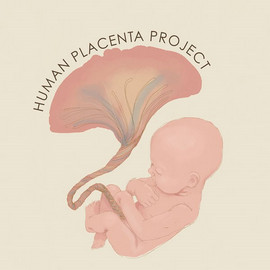 The placenta sustains us at the earliest phase of our development and shapes the adults we’ll eventually become. And yet it’s the least understood, and least studied, of all human organs. At the National Institutes of Health, we’re planning a new initiative to learn more about the placenta, in hopes of better health for mothers and their children—not just in pregnancy, but long after.
The placenta sustains us at the earliest phase of our development and shapes the adults we’ll eventually become. And yet it’s the least understood, and least studied, of all human organs. At the National Institutes of Health, we’re planning a new initiative to learn more about the placenta, in hopes of better health for mothers and their children—not just in pregnancy, but long after.
A chief goal of this initiative is to develop tools for studying the placenta in real time, so we can learn how a placenta develops normally. With that knowledge, we could do a better job of monitoring pregnancies and detecting placental problems earlier. Ultimately, we may be able to identify markers that predict many adverse pregnancy outcomes and take steps to prevent them.
Read the rest of the update in my Huffington Post Blog: https://www.huffpost.com/entry/scientists-new-human-plac_b_6265174![]() .
.
Originally posted: December 5, 2014

 BACK TO TOP
BACK TO TOP